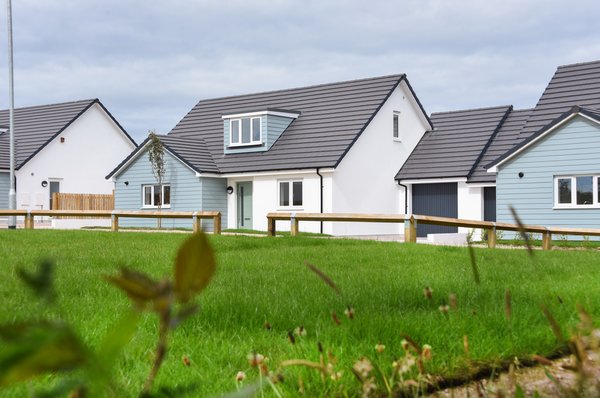Allister Young, CEO of Coastline Housing, takes a walk on the sunny side of the street in this opinion piece, talking about why solving the housing crisis isn’t necessarily an impossible task and we shouldn’t lose hope.
Last week I got quite serious about the housing crisis. It seemed important to be upfront about the scale of the problem, so we can be honest about the solutions that are needed. But I promised that this week I’d try to be more positive. So here goes, with an attempt to show that accepting the scale of the housing crisis doesn’t mean we should lose hope about solving it!
First of all, and before I get to housing specifically, I thought it might be useful on my journey of positivity to point out that in many ways, we’ve never had it so good. Consider where we are now compared to humans at almost other time of human history. There have been 9,500 generations of humans, with each lasting an average of 26.9 years.
The first 9,100 of those generations had to rely on hunter gathering to survive, now we’ve got Deliveroo (OK, maybe not so much in Cornwall yet!). The first 9,495 generations would have taken at least one month to travel to the other side of the Earth, now it can be done in less than 24 hours. Less than 8% of people globally live in extreme poverty, for the first 9,498 generations it was more than half. None of that means we don’t still have a long way to go to have a fairer, more equal world, but it helps to remember how far we’ve come.
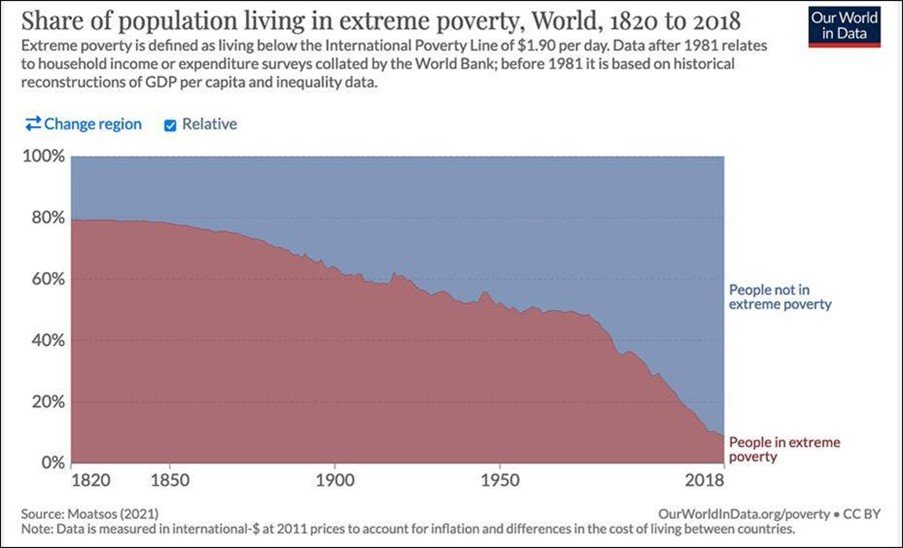
So, on to housing. Why should we be optimistic?
First of all, we’ve done it before. We’ve been falling short of the number of homes we need to build for decades. But we used to build more, and we can again.
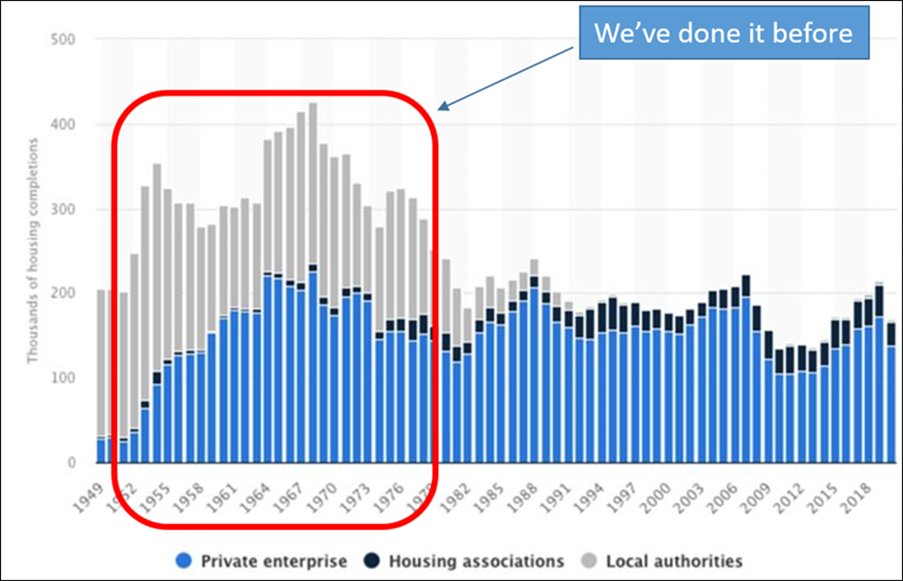
Secondly, there isn’t a shortage of space. We think the UK is more built up than it actually is. On average, people think 47% of the UK is ‘densely built up’, but the true figure is only 0.1%. Overall, only 5.9% of the country is built on. Let’s say we manage to build 300,000 homes a year for the next 26.9 years (I’ve chosen that because it’s the average length of a human generation).
That’s another 8 million homes. And it would increase the proportion of land that is built on from 5.9% to 7.7%. I can live with that.
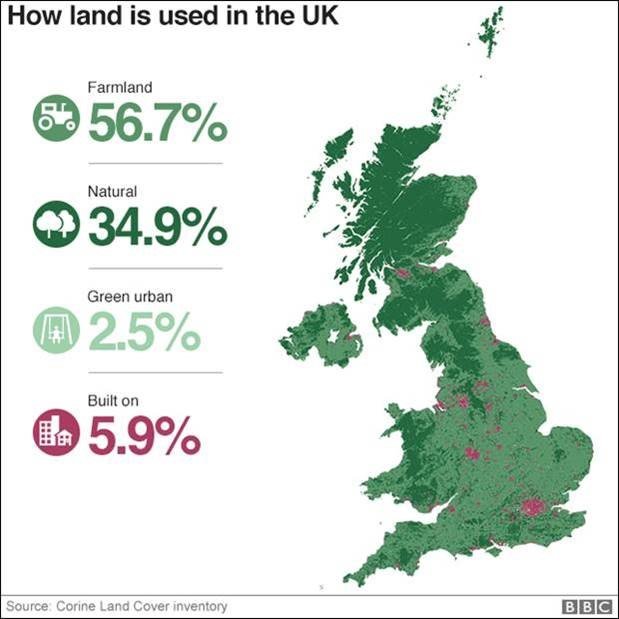
And finally, we could see meaningful change if we persuade the next government, whatever colour it is, to actually have a housing strategy. As I’ve said before, if you’re trying to achieve something, it generally helps to have a plan. You can read more about the NHF’s campaign here.
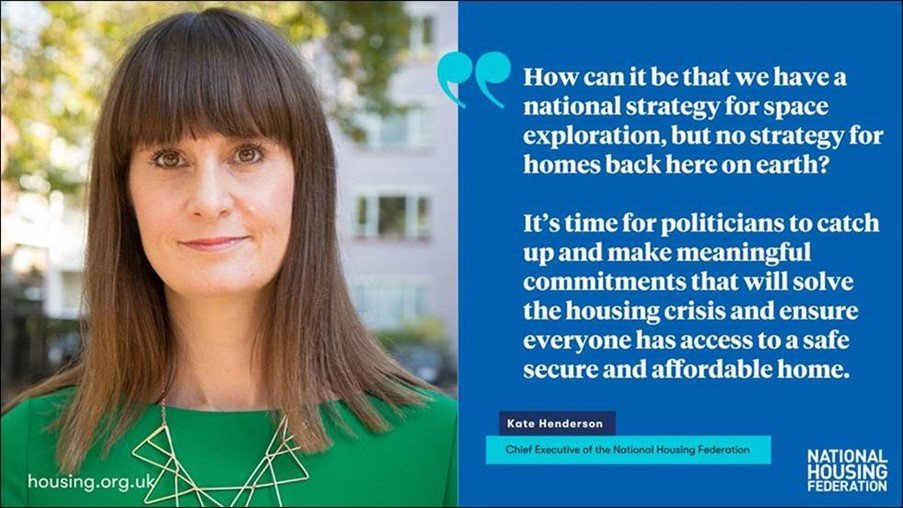
So there you go. Things are bad. But they don’t have to be. We can make them better.
